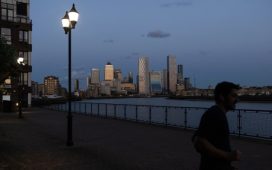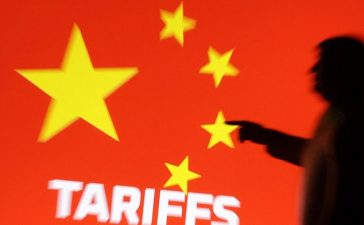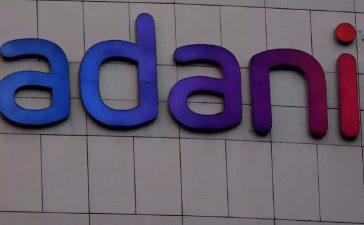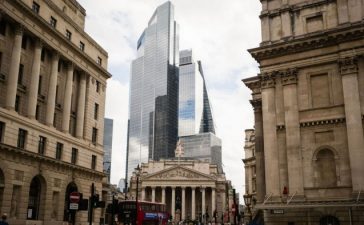Evergrande has passed a significant milestone in its recovery from a $300bn debt burden after an important group of international creditors backed its restructuring plan.
The Chinese real estate developer, whose default in 2021 set off a nationwide property crisis and shook international financial markets, said in an exchange filing late on Monday that the creditors had agreed to proposals to allow some investors to exchange their holdings for new notes and instruments linked to equity in subsidiaries.
The restructuring support agreements cover investors holding a significant part of the company’s more than $20bn of offshore bonds.
Monday’s agreement, which comes a year and a half after the group initially failed to make payments on its international bonds in late 2021, is a significant moment for a Chinese property sector that has struggled to regain momentum ever since.
Evergrande for decades rode a wave of Chinese urbanisation but in the process came to embody the excesses of a vast property boom, with its roughly $300bn of liabilities making it the most indebted real estate company on earth.
Its cash crunch in 2021, which followed new measures from Beijing that sought to rein in borrowing at its biggest developers, quickly spread across a property sector that accounts for over a quarter of China’s economy, leading to a widespread halt in construction activity.
The bondholder group had been negotiating with Evergrande over the weekend beyond a previous self-imposed deadline of Friday. “It has been a complex process, and [I’m] glad we have arrived at this point,” said one person involved in the deal.
The developer in March unveiled a timeline and proposal for its restructuring that signalled it was moving closer to an agreement. The process had until this year been characterised by opacity and a lack of communication. The company has also faced legal action in Hong Kong.
Members of the bondholder group entered into three separate restructuring support agreements that give creditors the option of various instruments depending on their holdings. They include new 10-12 year notes issued by the company and bonds that can be exchanged for shares in the group’s Hong Kong listed subsidiaries, such as its property management division and electric vehicle business.
“There’s still a lot to overcome,” one creditor said on Friday when the agreement was close to being signed. “But it seems like there could be a viable solution for this company to exist in the future”. The person added the deal was “not a terrible deal, at least compared to the worst-case scenario that was priced in in October”.
Evergrande’s bonds, which for years paid global investors high returns in a low-interest rate environment, have since the default traded at a fraction of their par value and shares in the company remain suspended.
Beijing has largely focused on completing projects, rather than directly supporting Evergrande and other failed groups, although state banks have unveiled vast potential lending for developers that are deemed to be high quality.
Hui Ka Yan, Evergrande’s chair and formerly the richest man in China, has come under pressure to sell his own assets as part of the company’s struggles.
Other defaulted Chinese developers, including Sunac and Fantasia, have recently outlined restructuring proposals with creditors, but the deals have come under scrutiny.
“Recent debt restructuring proposals of distressed Chinese developers are mostly debt extensions rather than sustainable and permanent restructurings,” Fitch, the rating agency, noted on Monday.
“The viability of many such developers’ underlying business operations and their ability to generate sufficient and sustainable free cash flow will remain in question even if their proposals are approved,” Fitch added.
Additional reporting by Chan Ho-him in Hong Kong











